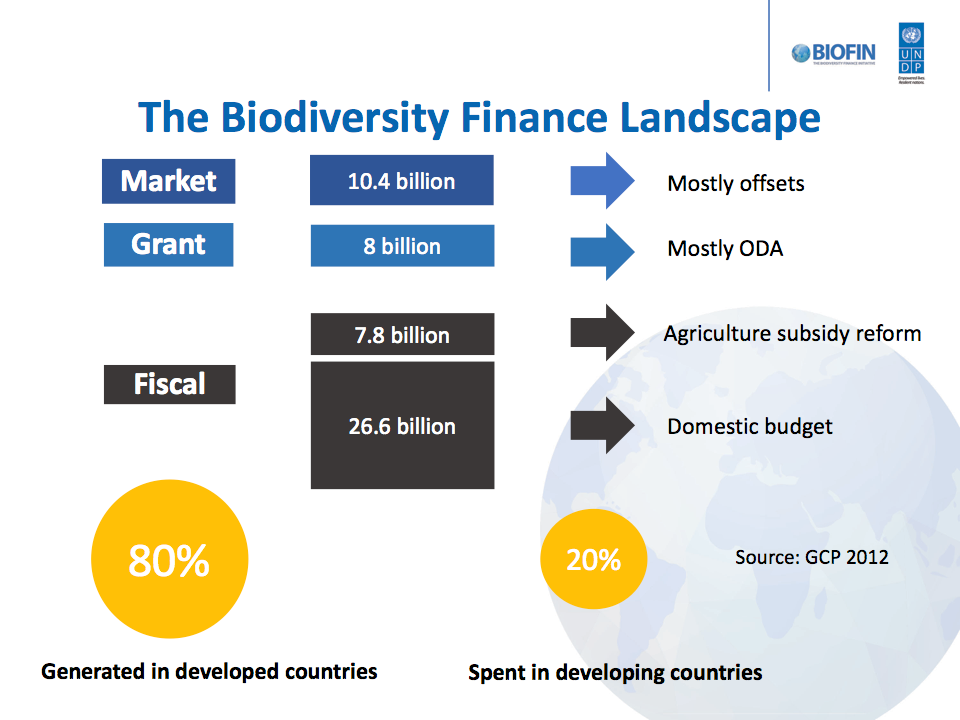ASTANA – The current global financial needs for biodiversity management are $150-440 billion per year, while expenditures are estimated at $52 billion, said Biodiversity Finance Initiative (BIOFIN) senior technical advisor Dr. David Meyers addressing a crowd April 25 at the BIOFIN regional workshop in Almaty.
“This significant finance gap underpins the need to find new approaches to tackle the finance challenge with broad participation of governments, the private sector and other stakeholders,” he said.
Biodiversity provides enormous value to world societies and economies such as clean water, climate regulation, flood prevention, recreation, food, fuel and fibre, yet nature’s services are at a severe risk.
“Kazakhstan and many countries in Central Asia are only just now learning about how to use the economic valuation of biodiversity and ecosystem services to inform government policy, regulations and financing tools,” Dr. Meyers said in an interview with The Astana Times.
“The integration of economics and fiscal policy into government and private sector operations is essential to align interests so that the economy and the environment can prosper. Many of the services provided by nature are seen as free and requiring little effort to maintain, but unless there is adequate protection, sustainable use and financing, these ‘free’ services and the natural ecosystems that provide them are lost and substantial extra financing is needed to maintain or replace these services. In fact, natural ecosystems provide enormous value for the people and economy of Kazakhstan and through BIOFIN and related initiatives, the government is beginning to put in place legislation and policy to integrate this value into private and public decisions,” he said.
“BIOFIN’s work with the government of Kazakhstan has found that 86 percent of current expenditure for biodiversity comes from the national and local budgets of Kazakhstan. We now have a great opportunity to find solutions that tap into other sources, including the private sector, as well as solutions that realign and better deliver public funds to protect these important species and ecosystems in this country,” he added.
The Kazakh government is being supported by BIOFIN, the United Nations Development Programme (UNDP) and partners to improve biodiversity financing through a range of means. The conference on private sector engagement in biodiversity finance brought together large industrial companies, government agencies and NGO partners to discuss improved private sector engagement in biodiversity management and finance.
“A catalogue of potential projects that were identified and prioritised in the National Biodiversity Concept and Action Plan has been presented in a publication for potential private sector donation and investment. Additional actions include the revision of laws and regulations on environmental management to include the concept of ‘ecosystem services,’ which are the goods and services provided by nature to people. At the same time, BIOFIN is supporting the government to develop reforms that support the early stage private sector initiatives through subsidies and by providing access to credit to support part of the costs in sustainable forestry, fishery, organic agriculture production and ecotourism. BIOFIN is also developing pilot projects that explore ‘payments for ecosystem services,’ forest product sustainability and other innovative finance solutions,” said Meyers.
UNDP, jointly with the Kazakh Ministry of Agriculture, is assisting the government in preparing clear economic justification to increase investments in sustainable and equitable management and protection and restoration of biodiversity and ecosystems.

